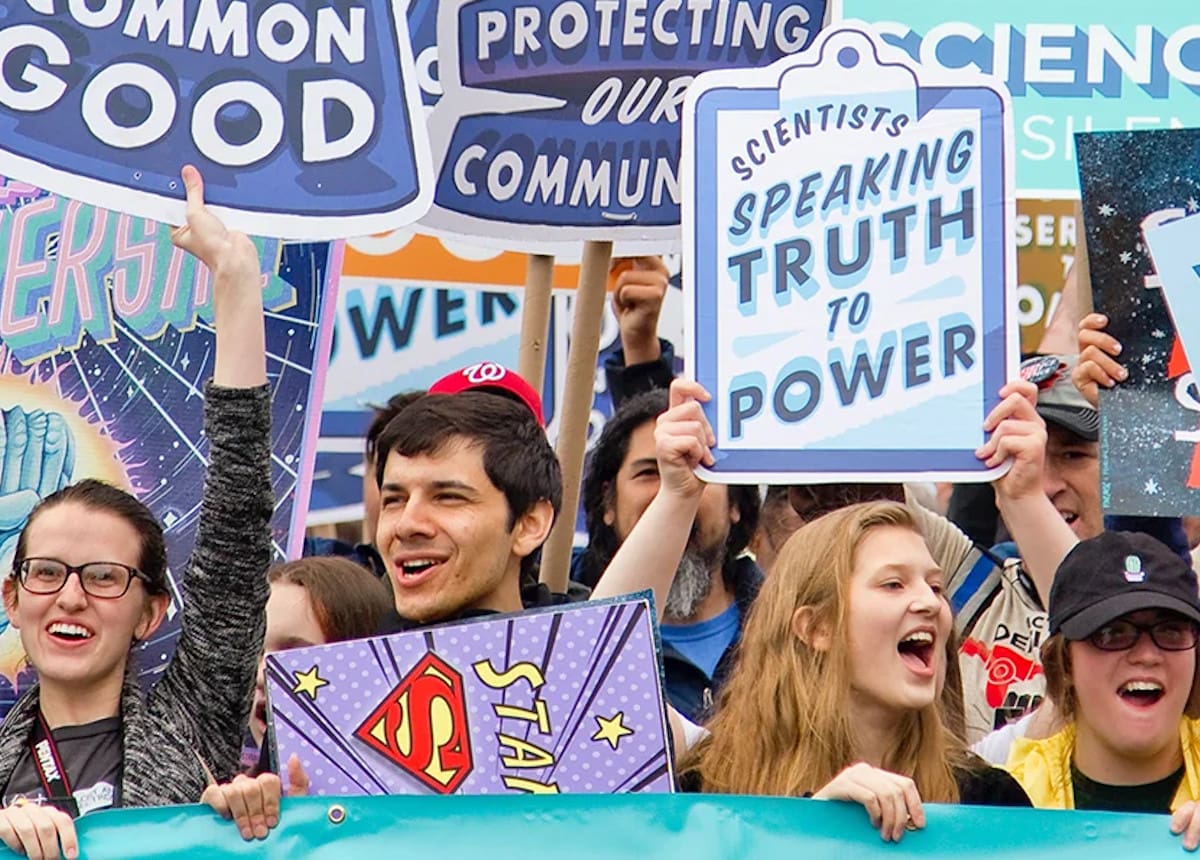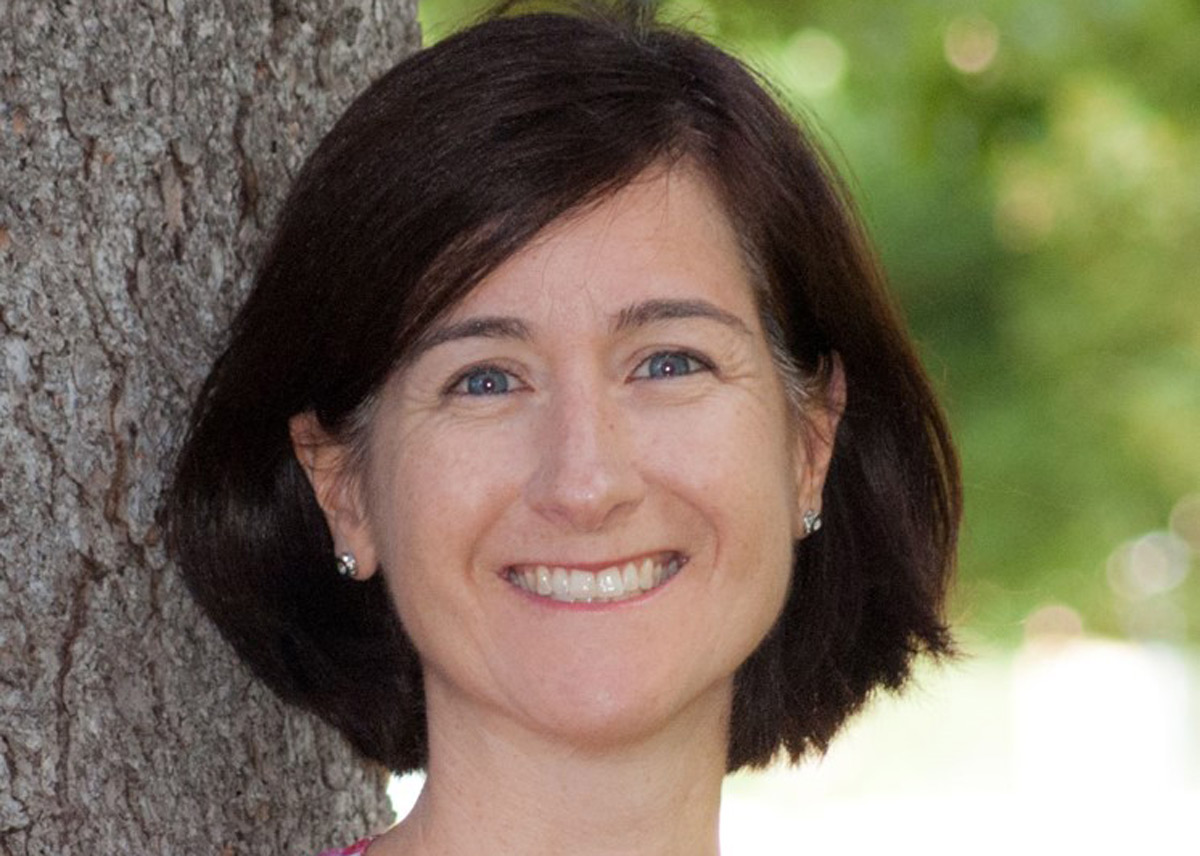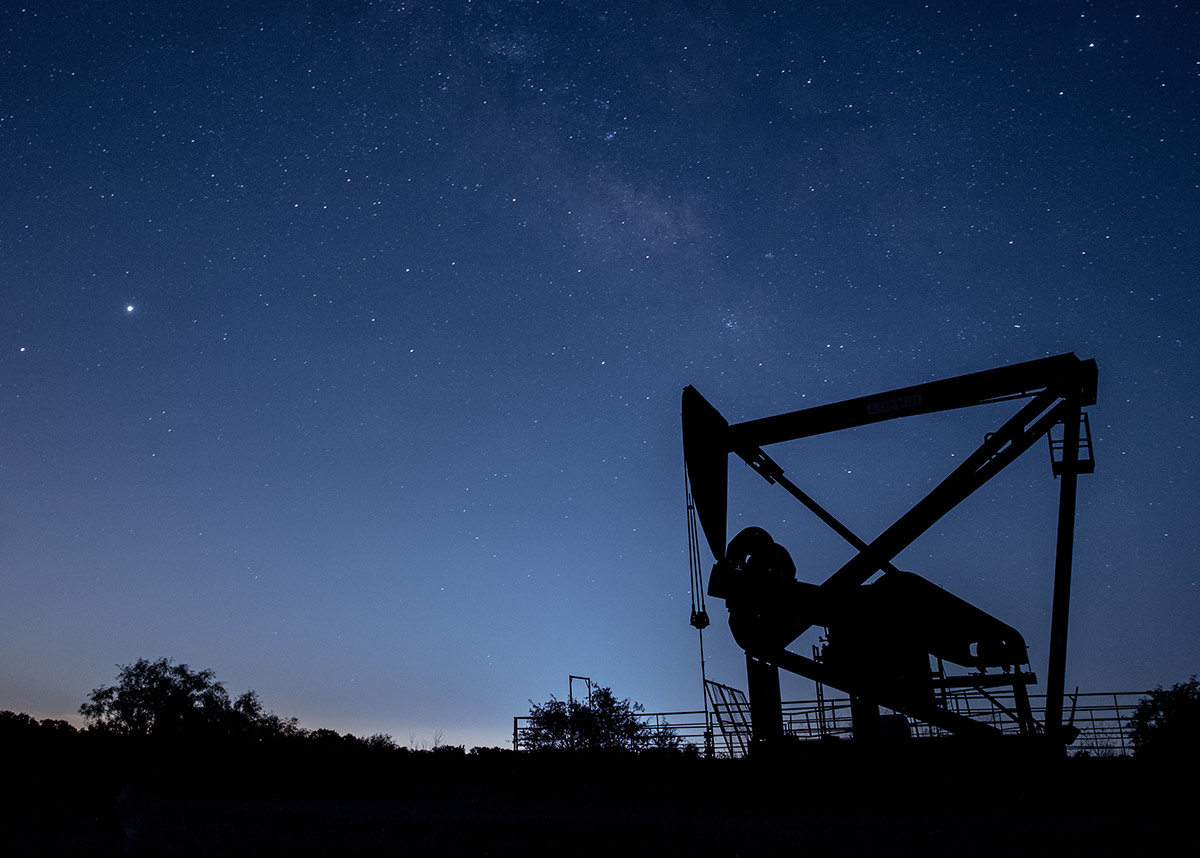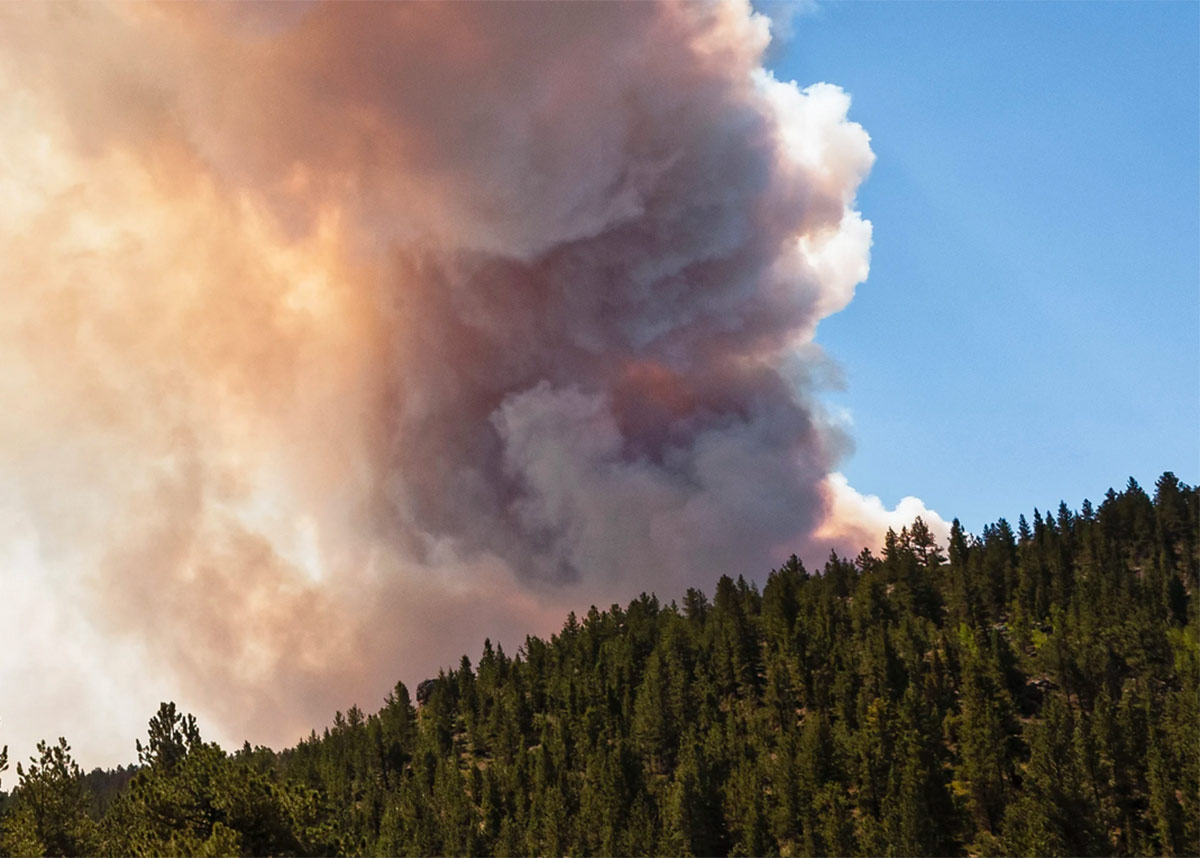News
Department of Environmental & Occupational Health
-
/chwe-newsroom/screen-shot-2021-02-22-at-12-09-23-pm.png?sfvrsn=ce8362ba_0)
Crossing continents: Global worker health with Lyndsay KrisherOpens in a new window
Mar 3, 2021Agua, suero, descanso y sombra. These words hang on the wall of the sugarcane company clinic in Santa Lucia Cotzumalguapa, Guatemala. The sign translates to water, electrolytes, rest, and shade. Lyndsay Krisher, however, is not in the clinic. She is out in the field coordinating a team before they begin their field research with sugarcane workers.Opens in a new window Full story -
.jpg?sfvrsn=bccb65ba_0)
Despite reopening, restaurants still “high risk” for spreading COVID-19, experts sayOpens in a new window
Feb 11, 2021Dean Jonathan Samet and ColoradoSPH researchers Glen Mays, Beth Carlton, and Andrea Buchwald weigh in on the risks associated with indoor dining as capacity restrictions ease from 25% to 50% in many Colorado counties.Opens in a new window Full story -
.jpg?sfvrsn=9fdf65ba_0)
ColoradoSPH at CSU faculty help fight the pandemic with groundbreaking researchOpens in a new window
Feb 3, 2021Drs. Anita Pena, Meara Faw, and John Volckens are contributing important public health research and practice projects during the pandemic—testing respirators, researching risks to farmworkers, and studying the experiences of caregivers.Opens in a new window Full story -

Shaping national public health policies with science
Jan 26, 2021Many Colorado School of Public Health faculty sit on a variety of committees within the National Academies of Sciences, Engineering and Medicine (NASEM)—a volunteer role, but essential to helping to shape policies that address many of the most pressing national issues.Full story -
.jpg?sfvrsn=b5b69cb9_0)
A blip, not a surge: How Colorado dodged a holiday coronavirus tsunamiOpens in a new window
Jan 19, 2021ColoradoSPH faculty and members of the Colorado COVID-19 Modeling Team, Beth Carlton, PhD, MPH and Jude Bayham, PhD of CSU say a combination of policy and individual behaviors helped Colorado avoid a surge in COVID cases following the winter holidays.Opens in a new window Full story -
/chwe-newsroom/img_13786e94f1e5302864d9a5bfff0a001ce385.jpg?sfvrsn=a1bc95b9_0)
Dr. Gwen Fisher remains hopefulOpens in a new window
Jan 13, 2021COVID-19 has highlighted something Dr. Gwen Fisher has always known to be true; worker health and well-being is important. Gwen has been the program director for the Occupational Health Psychology program at the MAP ERC, housed at Colorado State University in Fort Collins, CO, for over six years.Opens in a new window Full story -

COVID-19 and Public Health: Modeling, Silver Linings and ‘Colorado's Dr. Fauci’
Dec 22, 2020Jonathan Samet, MD and Glen Mays, PhD, say public health has changed forever in the wake of the pandemic, but that it will better prepare us for the next one.Full story -
.jpg?sfvrsn=8a009eb9_0)
With the COVID-19 vaccine roll out in Colorado, will the local epidemic be over soon?Opens in a new window
Dec 21, 2020Dean Jonathan Samet, MD, MS, comments on what it will take to end the local COVID-19 epidemic.Opens in a new window Full story -
.jpg?sfvrsn=900d9eb9_0)
Colorado State University teams up with UCHealth to develop COVID-19 biobank
Dec 17, 2020Elizabeth Ryan, PhD, and research team members at CSU have developed a COVID-19 biobank to understand the long-term effects and symptom variances among individuals who test positive for the virus.Full story -
.jpg?sfvrsn=1adf9db9_0)
Guest commentary: Science supports closing indoor dining. The restaurant industry will be devastated without rapid, robust economic support
Dec 17, 2020Colorado COVID-19 Modeling Team members collaborated on this guest commentary discussing the impact of indoor dining on the transmission of COVID-19, as well as the impact of closures and restrictions on restaurants and small business survival.Full story -
.jpg?sfvrsn=ddff8eb9_0)
Study published on the well-being of small business workers during COVID-19
Dec 17, 2020A study to better understand the impact of COVID-19 on workers in Colorado found that workers who perceive their workplace as strong health and safety climates, reported better wellbeing.Full story -
/chwe-newsroom/adobestock_391733571-copy.jpg?sfvrsn=788a8cb9_0)
Tis’ the season to be… compassionate
Dec 15, 2020Employers have an important role to play in helping their team members identify and manage end-of-year stress. And even though traditional routines such as holiday parties, gift exchanges, and company bonuses may not be possible this year, there are several things organizations can do to continue to put their employees first.Full story -
/chwe-newsroom/img_3237-copy.jpg?sfvrsn=55068cb9_0)
A doctor who ended up someplace elseOpens in a new window
Dec 14, 2020There was no path for Brian Williams outside of medicine. As he saw it, from the view of his small town in Mississippi, he could be a doctor, a teacher, or a lawyer, and he chose doctor. Yet in many ways, Brian now finds himself operating as all three of those roles.Opens in a new window Full story -
/chwe-newsroom/adobestock_350019767.jpeg?sfvrsn=fbcf83b9_0)
COVID-19, work & motherhoodOpens in a new window
Dec 10, 2020Liliana Tenney reflects on the struggles she and all working mothers have faced during the pandemic and what employers and families can do to better support them.Opens in a new window Full story -

CU Anschutz experts respond to pandemic’s latest wave, share challenges and triumphs
Dec 8, 2020Researchers and experts across the CU Anschutz campus have risen to the challenge of COVID-19, helping to deepen our understanding of infectious diseases. Dr. Beth Carlton, a key member of the ColoradoSPH modeling team for the state, discusses how epi models are informing policy and slowing the pandemic’s spread.Full story -
.jpg?sfvrsn=6cd29db9_0)
How promising is the vaccine news if people won’t take it?
Dec 8, 2020Through their work with the Risk & Social Policy Working Group, ColoradoSPH faculty members Katie Dickinson, PhD, MS and Courtney Welton-Mitchell, PhD, MA discuss how politics and health equity influence COVID-19 vaccine hesitancy.Full story -
/chwe-newsroom/screen-shot-2021-01-11-at-4-18-35-pm2acef0e5302864d9a5bfff0a001ce385.png?sfvrsn=e5e694b9_0)
Election Day Is Over: How Will the Next Administration Approach Worker Health and Safety?Opens in a new window
Nov 24, 2020Getting workers back is important to reviving the economy, but most important is keeping them safe.Opens in a new window Full story -
Breathing easier, Colorado? Well, get prepped for more fire days aheadOpens in a new window
Nov 10, 2020Experts at the CU Anschutz Medical Campus, including ColoradoSPH Dean Jonathan Samet, and beyond warn—smoke-filled skies are a part of the state’s future and need to be recognized for the health risks they bring.Opens in a new window Full story -
/20201024_160130_23178d5e5302864d9a5bfff0a001ce385.jpg?sfvrsn=fe50b1b9_0)
Preventive medicine meets occupational health with Ngozi Obi
Oct 26, 2020Ngozi Obi, with her wealth of medical expertise and experience, is bringing her passion for health from Nigeria to the Certificate in Total Worker Health® at the MAP ERC as an occupational resident.Full story -

When fracking moves into the neighborhood, mental health risks rise
Oct 26, 2020In a new study, Assistant Professor Stephanie Malin found that living near fracking sites can lead to depression and chronic stress. The majority of participants reported that they felt uncertain about the risks and powerless to influence policies.Full story



